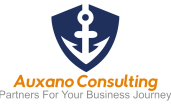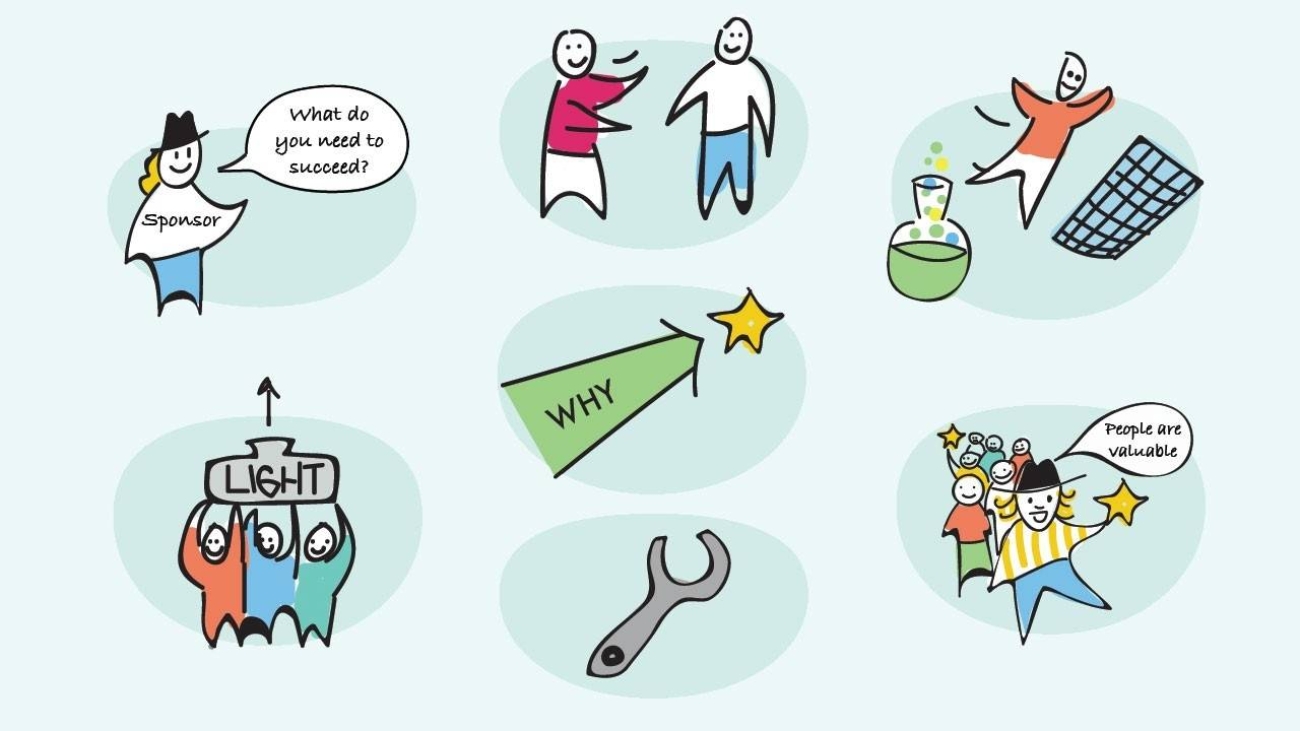The business world is constantly changing, and organizations need to be able to adapt quickly in order to stay ahead of the curve. This is where resilient leadership comes in. Resilient leaders can navigate change and uncertainty effectively, and they build teams that are also resilient.
Agile coaching is a powerful tool that can help leaders and teams develop resilience. Agile coaches help teams adopt agile practices, which are designed to be flexible and adaptable. They also help teams to develop a culture of continuous learning and improvement.
Here are some of the ways that Agile coaching can help corporates and firms develop resilient leadership:
Resilient Leadership:
Resilient leadership is not about avoiding setbacks; it’s about bouncing back stronger when challenges arise. Resilient leaders possess a unique set of qualities, including emotional intelligence, adaptability, and a proactive mindset. They understand that failures are stepping stones to success and view challenges as opportunities for growth. In the corporate context, resilient leaders inspire their teams to persevere, learn from failures, and embrace change as a constant.
Agile Coaching:
Agile coaching, rooted in the principles of the Agile methodology, focuses on collaboration, adaptability, and continuous improvement. Agile coaches guide teams and leaders to embrace change, enhance communication, and foster a culture of innovation. By incorporating agile coaching practices, corporate entities can respond swiftly to market demands, make data-driven decisions, and optimize their processes for maximum efficiency.
Integration of Resilient Leadership and Agile Coaching:
When resilient leadership principles are combined with agile coaching strategies, the result is a powerful synergy that propels organizations toward success. Resilient leaders, through their emotional intelligence and adaptability, create an environment where agile principles can thrive. They empower their teams to experiment, learn from failures, and iterate quickly. Agile coaches, on the other hand, provide the necessary frameworks and methodologies to implement agile practices effectively.
This integration allows firms to:
- Foster Innovation: Resilient leaders encourage creative problem-solving and out-of-the-box thinking, while agile coaches provide the tools and techniques to turn innovative ideas into actionable strategies.
- Enhance Team Collaboration: Resilient leaders promote open communication and trust within teams, while agile coaches facilitate collaborative practices such as daily stand-up meetings and retrospectives.
- Improve Adaptability: Resilient leaders adapt their leadership styles to suit different situations, while agile coaches enable organizations to respond rapidly to changing market demands and customer preferences.
- Boost Employee Morale: Resilient leaders create a positive work environment where employees feel valued and supported, while agile coaches help teams celebrate achievements and continuously improve their performance.
Here are the practical tips for implementing resilient leadership and agile coaching:
Resilient Leadership:
- Leadership Programs: Invest in emotional intelligence and adaptive thinking training.
- Open Communication: Foster a culture of open dialogue and regular feedback sessions.
- Encourage Risk-Taking: Support innovative ideas and view failures as learning opportunities.
- Work-Life Balance: Promote a healthy work-life balance to prevent burnout.
Agile Coaching:
- Cross-Functional Teams: Build diverse teams for better collaboration and problem-solving.
- Iterative Planning: Break projects into smaller tasks, set short-term goals, and adjust plans based on feedback.
- Continuous Feedback: Establish regular feedback loops and encourage honest communication.
- Retrospective Meetings: Reflect on successes and challenges at the end of each iteration.
Conclusion:
In today’s corporate world, resilient leadership and agile coaching are indispensable for lasting success. By cultivating resilient leaders and embracing agile methodologies, organizations can confidently tackle challenges, adapt to change, and flourish amid uncertainty.
If you are interested in learning more about resilient leadership and agile coaching, please contact linnet@auxano-consulting.com. Our expert coaches can enhance your teams’ collaboration, innovation, and adaptability.
(Written by Vineeta, Image sources: www.entrepreneur.com)
Feel free to connect with Linnet Dave, Auxano’s Director and Executive coach on linnet@auxano-consulting.com or connect with her at +919820668179 for any queries on the subject and if you need to get a customized learning Intervention done for your organization.







